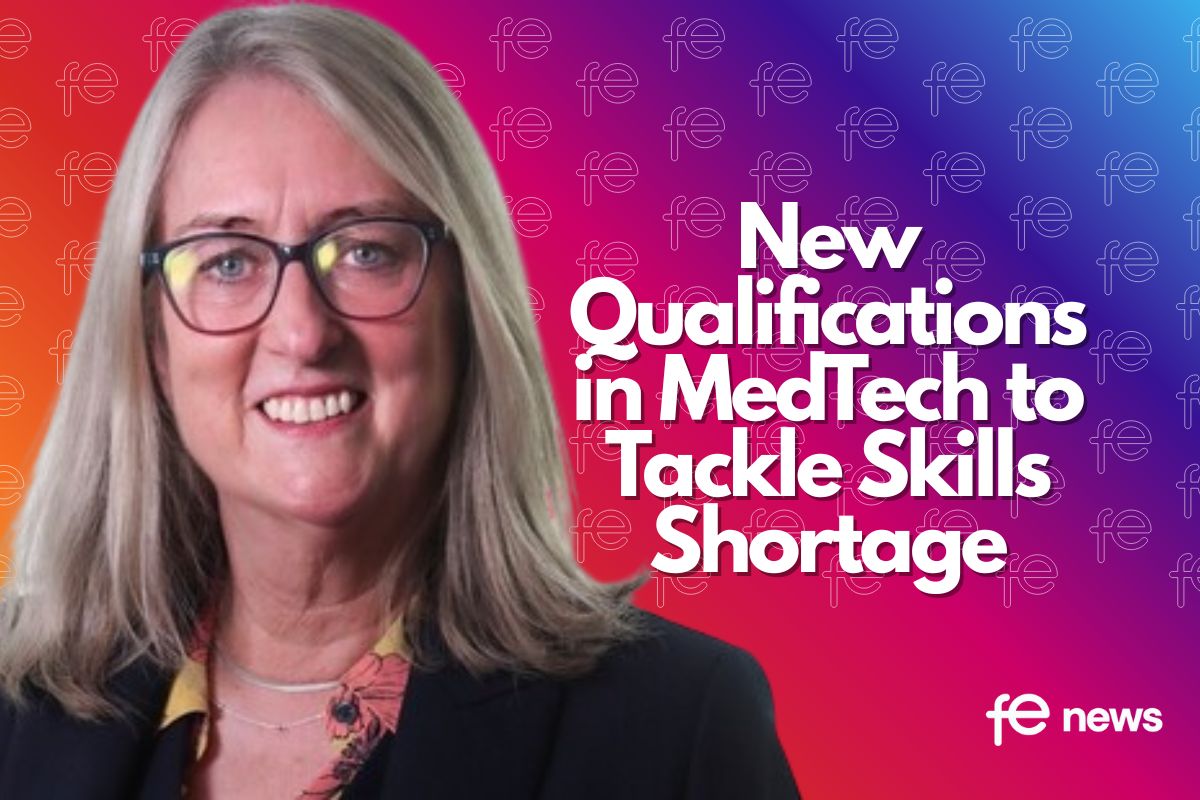People Power: Does the UK Economy Have the Skilled People it Needs for the Future?

We have teamed up with City & Guilds to produce a report looking into the issue of current and projected skills gaps in the UK. The report – People Power: Does the UK economy have the skilled people it needs for the future? – combines a survey of more than 1,000 C-Suite employers in the UK, with data and analysis of the British economy, to raise a number of important issues about skills challenges facing employers and how they can be tackled.
Beginning with the positive, both the employer survey data and our economic analysis agree that there is likely to be growth over the next few years. For instance, our data shows that job numbers are projected to grow by around 4% between 2016 and 2024, which is slower than the 6% growth seen between 2008 and 2016, but growth nonetheless. This upbeat outlook seems to be reflected in the mood among employers about the prospects for the future of their businesses over the next few years.
As the report states:
“Interestingly, despite the current economic and political climate the majority of employers (85%) told us that they are confident that their business will grow over the next three to five years, with nearly a third (32%) telling us that their business will grow significantly.”
However, the big question that arises from this employer optimism and the projection of future growth is this: where are employers going to get the talent they need to grow their businesses?
Employers clearly see this as a huge issue over the next few years. Of those surveyed, 47% said that they thought the biggest internal factor inhibiting their business’s productivity over the next 3-5 years is likely to be the struggle to recruit the skilled people they need. In addition, there are a number of external factors which exacerbate an already difficult skills environment.
For instance, 46% said they believe that the effects of Brexit would have an impact, whilst increased competition (44%) and skills shortages in their industry (35%) were also high on the list of issues that are seen as potentially inhibiting their company’s growth.
Some of the most interesting bits of the report are the responses of the employers when asked about possible solutions to the skills gap problem. Almost half of those surveyed (45%) said they believed that educational institutions need to get better at aligning their skills provision to the needs of business, and 45% also said they believed that businesses, education providers and Government need to collaborate better.
These two issues – skills alignment and local collaboration – are things we have been pressing home for years (for example at our recent annual conference), and the fact that employers see them as high priority go to reinforce the urgency of creating the kind of demand-led, collaborative approach to skills that has largely been lacking.
A somewhat surprising result from the survey was the employers’ answer to the question of which Government policy they thought is most effective in tackling skills gaps. Although it has been the subject of much confusion and consternation, the one chosen by the most employers was the apprenticeship levy (21%).
This is really interesting because it suggests that although many employers have had major concerns about the levy, they see in apprenticeships an important and effective method of growing home-grown talent to replace the slowdown in migrant workers, and more generally as a means to produce the kind of skilled people they are looking for.
 The report ends with nine key recommendations for Government, education providers and employers, and how they can work together to tackle the challenges that we are facing.
The report ends with nine key recommendations for Government, education providers and employers, and how they can work together to tackle the challenges that we are facing.
Amongst other ideas are the need for a complete redesign of CEIAG to make it more co-ordinated and fit for the modern world; better promotion and embedding of T-Levels so that young people and employers are properly informed of what they are and their potential benefits; and more emphasis on helping employers make the most of the apprenticeship levy to foster homegrown talent and upskill existing employees, both of which could become crucial components of meeting the skills gap challenge.
We hope that this report will provide an impetus for a whole variety of stakeholders to start collaborating on a much bigger scale to ensure that people are being trained in the skills that are needed, and that we really do pull out all the stops to nurture homegrown talent.
The college, the university, the local economic developer and of course employers themselves – all need to come together to make sure that things like T-Levels, Apprenticeships and Degree Apprenticeships are actually working to create the skills system that we all want to see.
Andy Durman is Managing Director of the Labour Market Insight specialists, Emsi UK.
You can download a copy of the full report here.











Responses